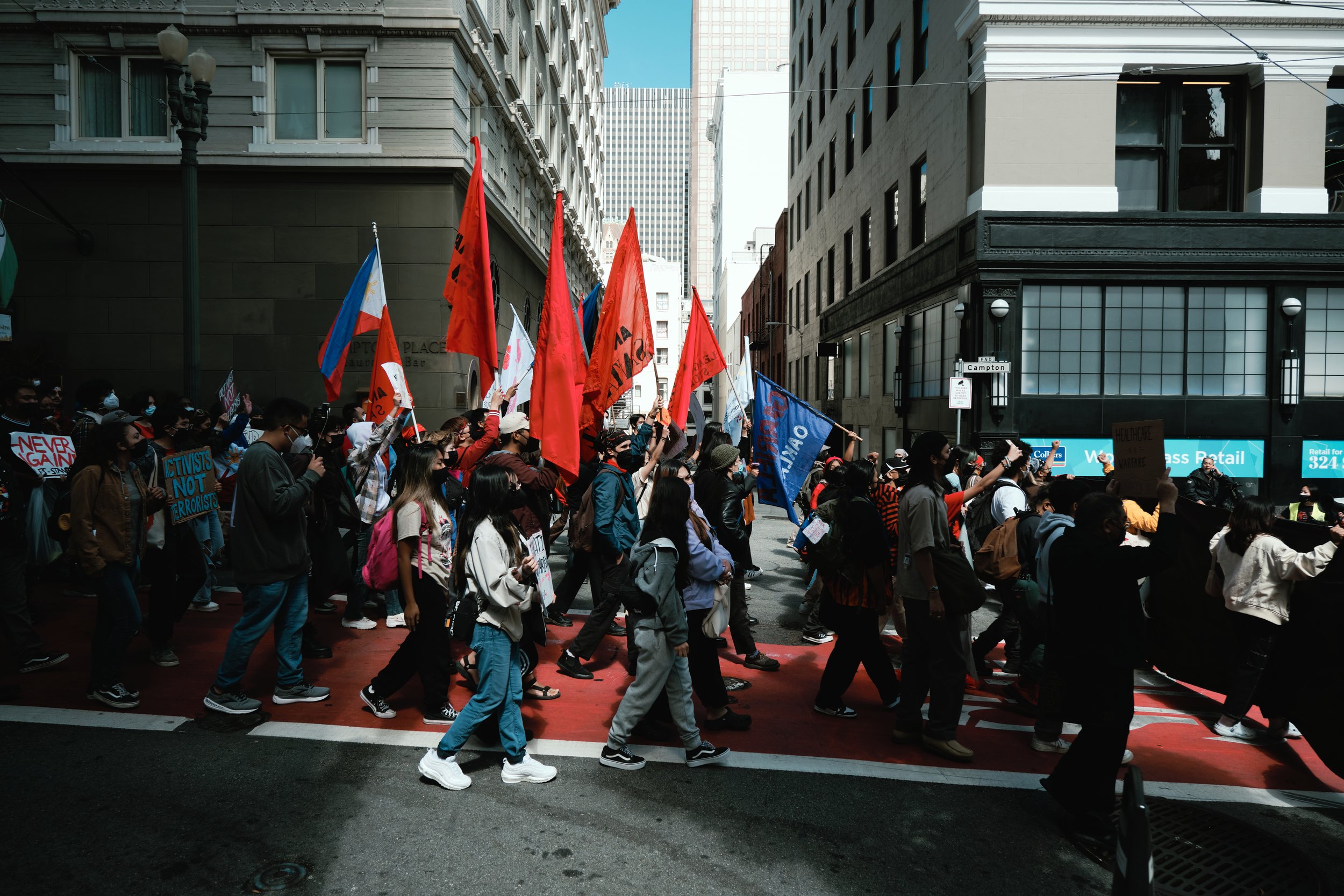Why honor the legacy of the People Power Revolution? Because our future depends on it
By Rhoel Paulo Paragas August 22, 2022
Photo: Glen Mercado
It’s been 36 years since Filipinos during the People Power Revolution marched along Epifanio de los Santos Avenue to bring an end to the dictatorship of Ferdinand Marcos. The 1986 revolution, also known as EDSA, remains a historical movement in Philippine history that showed the international community the strength and resolve of the Filipino masses against corruption and injustice in the country.
Marcos Sr. maintained Martial Law from 1972 to 1986 to silence anyone deemed critical of his administration. Thousands of civilians – including students, journalists, and activists – were arrested, tortured, killed, or disappeared during his presidency. Others went into hiding, forced to organize and build the People Power movement from underground. Through numerous nationwide marches and rallies, Filipinos ousted Marcos Sr. in February 1986. With the help of the U.S. government, Marcos Sr. and his family fled to Hawaii until they could return to the Philippines in 1991. EDSA became a symbol of hope that marked a new era of true freedom and democracy.
The Filipino people ousted a dictator, but unjust systems continued to dictate Philippine politics and society long after the revolution. Today, U.S. imperialism, feudalism, and bureaucrat capitalism remain. Foreign interests influence public policies, workers suffer from economic exploitation, and many are forced to migrate overseas in search of work. With Ferdinand “Bongbong” Marcos Jr. as president, historical revisionism and disinformation have only worsened.
The legacy and spirit of EDSA, however, live on. Annual rallies like the People’s State of the Nation Address (PSONA) are crucial in voicing the concerns of the Filipino masses and their desire for true democracy in the Philippines. Like EDSA, the PSONA is not a mere moment but a movement led by the people for the people. As Filipinos and Filipino Americans in the diaspora, we must continue the fight, learn our history, and demand change.

